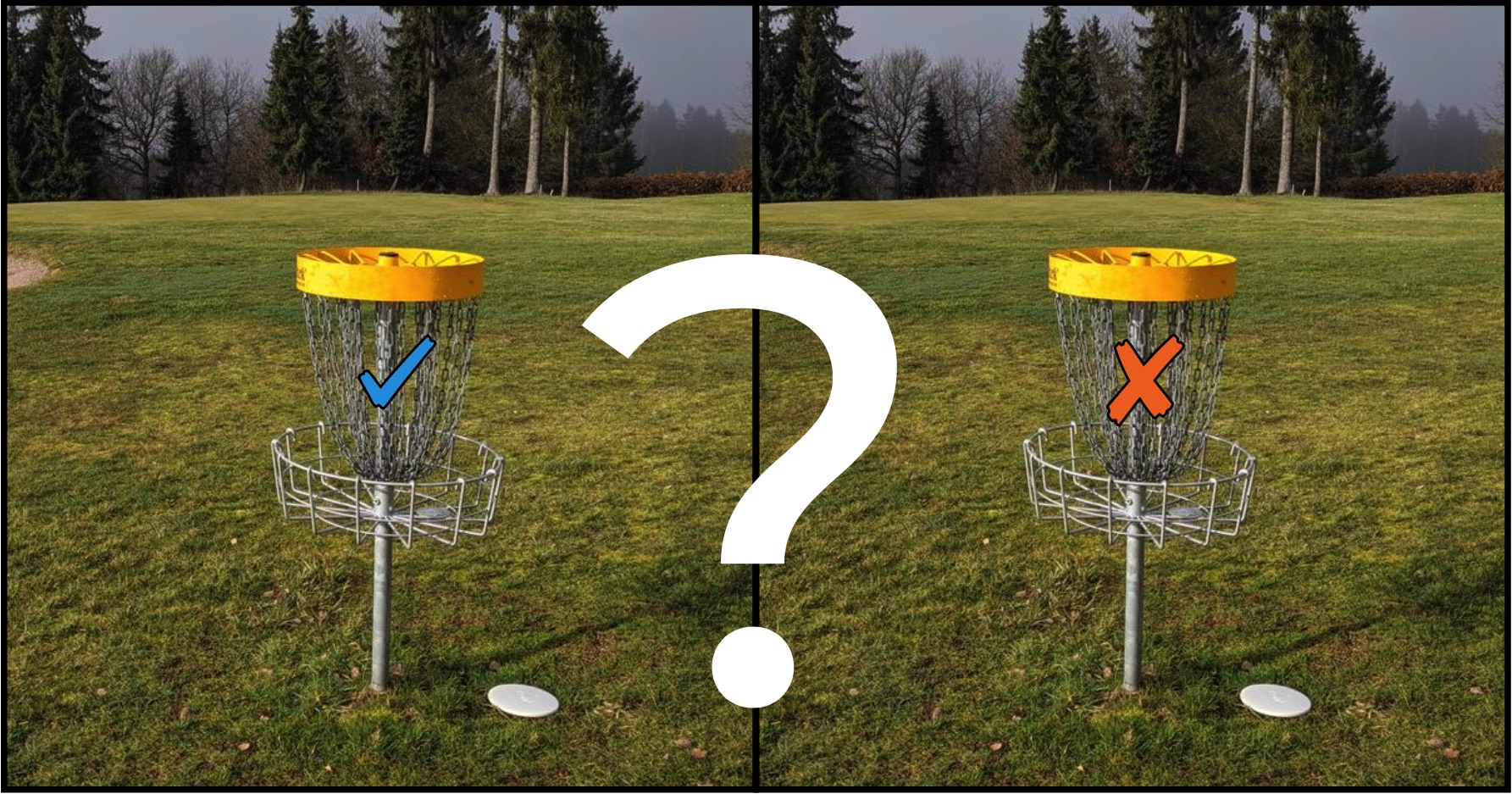This article was co-created by Release Point writers Alex Williamson and Steve Vrooman.
We released an article on May 13 with updated information and advice. Read that here.
Unless you've been living under a Roc, you've heard about and likely had your life affected by the measures being taken to contain the spread of COVID-19. In the disc golf world, most leagues and tournaments have been cancelled. Also, the PDGA recently announced it will not sanction any tournaments taking place in the near future due to the pandemic (see the PDGA's full statement here).
Still, many disc golfers suddenly finding themselves with more free time are likely wondering: How safe is a normal round of disc golf?
To explore this question, we thoroughly examined the recommendations from both the CDC and World Health Organization (WHO) for safe and responsible behavior and asked a professor with a PhD in microbiology and experience teaching bioethics for his thoughts. Like most questions surrounding this virus, there's no simple answer.
If You Play, Minimize Risks
To understand why activities requiring close contact between individuals are being discouraged or forbidden during this pandemic, it's important to know how the virus spreads. This is how the WHO explains that process:
"People can catch COVID-19 from others who have the virus. The disease can spread from person to person through small droplets from the nose or mouth which are spread when a person with COVID-19 coughs or exhales. These droplets land on objects and surfaces around the person. Other people then catch COVID-19 by touching these objects or surfaces, then touching their eyes, nose or mouth. People can also catch COVID-19 if they breathe in droplets from a person with COVID-19 who coughs out or exhales droplets."
Because disc golf is a non-contact sport played outdoors, it is possible for anyone choosing to play it to keep their distance from other players (a distance of more than three feet/one meter is recommended). This is likely why when we asked Robert Jonas, professor at Texas Lutheran University, whether it would be ethical to play disc golf now, he said he'd "be fine with a round of disc golf." He did add a caveat, though.
"The risk elevates as you go from playing solo, to playing with cohabitants, to playing with people with no symptoms or known contacts," Jonas said.
In other words, the more people outside of your household you play with, the riskier disc golf becomes.
Additionally, with many other sources of recreation being unsafe or closed, public parks have been seeing increased traffic. If you go to a park filled with people, it may be hard even during solo rounds to avoid close contact with others or surfaces many people have been in contact with. The same would go for a busy private disc golf course.
For those who still decide to play rounds with people other than cohabitants, Jonas said that taking the following actions would make that choice as low-risk as possible:
1. Keep your distance.
2. Wipe the discs with disinfectant wipes or dilute bleach.
3. Don’t shake hands.
4. Wash your hands.
We assume that along with shaking hands, high fives and picking up other people's discs for them are not great ideas.
Be Responsible
Essentially, if you believe "safe" to mean "0% chance of catching the virus," there are very few instances where disc golf could offer that. And that's a significant thing to consider.
"Clearly there seems to be an ethical obligation to avoid spreading the virus because it does have a mortality rate of somewhere around 2-3%, especially among elderly and immunocompromised," Jonas said. "Even though healthy people usually only have mild symptoms, and the economic impact on bars, restaurants, and many businesses will be significant to catastrophic, the balance seems to me to fall on the side of overcaution."
Even if you're not in a high-risk group, the risk that you'll catch the disease and pass it on to someone who is during activities like grocery shopping increases with every precaution you don't take.
Ultimately, the decision you make about playing, who to do it with, and how to act during a round rests with you. Based on our research and the recommendations from Jonas, it seems like playing a round solo or with cohabitants at a course that is not seeing high traffic levels would be both relatively safe and ethical.
However, we want to emphasize that we're not encouraging anyone to play or seeking to undermine any local restrictions that have been put into effect. We simply want those who do choose to play to have information about how to do it in the safest manner possible.
Update on March 20: This article does not cover the issue of baskets. To inform yourself more about the role they could play in transmitting COVID-19, read this article from Parked.

